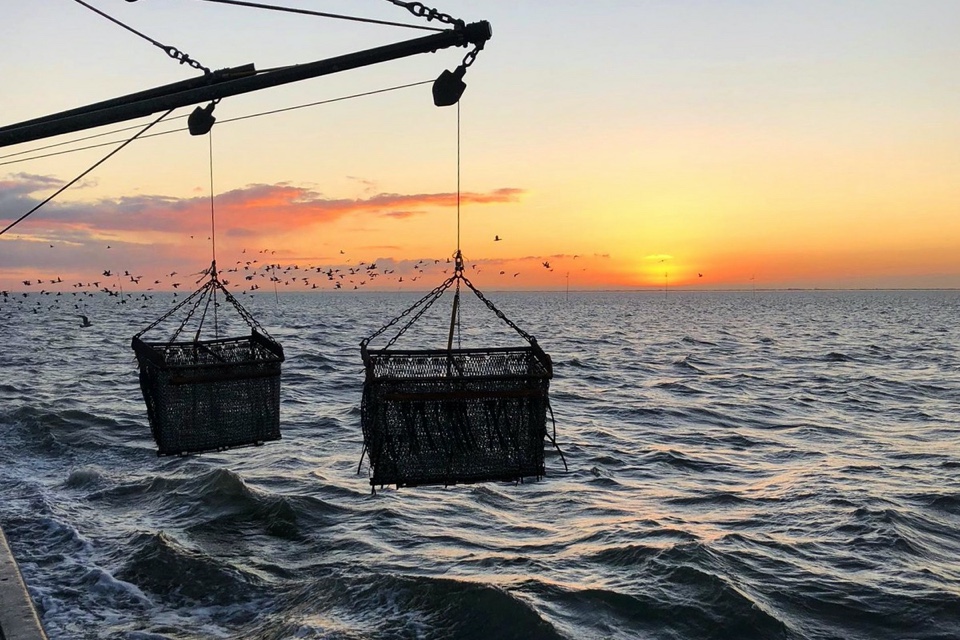Damen Maaskant Shipyards Stellendam is heading a research project to investigate the application of hybrid and fully electric propulsion in the Dutch mussel farming sector. The overall aim of the so-called AQUACULTURe project is to prove feasibility and increase profitability.
The project is a collaborative effort between numerous parties such as equipment suppliers, service providers and local mussel farming companies. The three specific goals for AQUACULTURe are:
Developing a power supply system that enables fully electric sailing for at least fifty per cent of the time;
Improving energy efficiency of installations by a minimum of fifteen per cent;
Reducing CO2, NOx, SOx and PM emissions by a minimum of fifty per cent compared to current levels.
Specially Designed Vessels
The Dutch mussel farming sector is an internationally recognised and economically important industry. The shallow and protected waters of the Wadden Sea and the Eastern Scheldt estuary provide the ideal conditions for quality mussel harvests. Mussel farmers grow the mussels either on the seabed or on ropes using the hanging method. They use specially designed flat-bottomed vessels, which are typically diesel-driven, for mussel handling activities.
Improving System Efficiency
A key starting point for the project was to obtain up-to-date data about the energy needs and efficiency levels of the vessels that are currently operating. To this end, Damen Maaskant is working with a number of local mussel farming companies, including Prins en Dingemanse and Neeltje Jans Mosselen that are sharing such crucial data. This includes information about the applicability of exchangeable batteries, the choice of battery and shore power.
Partners
Various industry stakeholders are also involved in the project. This includes Vripack (design and styling), SIPmarine (hull and propeller optimisation), Maritiem Elektro Zeeland (electrical installation and battery selection), JVS/Technofisica (base measurements of current vessels) and Partners for Innovation (determining environmental impacts).
The initial results of the project will be presented during the 6th edition of the International Shellfish Conference, which is being held on 16 and 17 January at Deltapark Neeltje Jans, the Netherlands.








